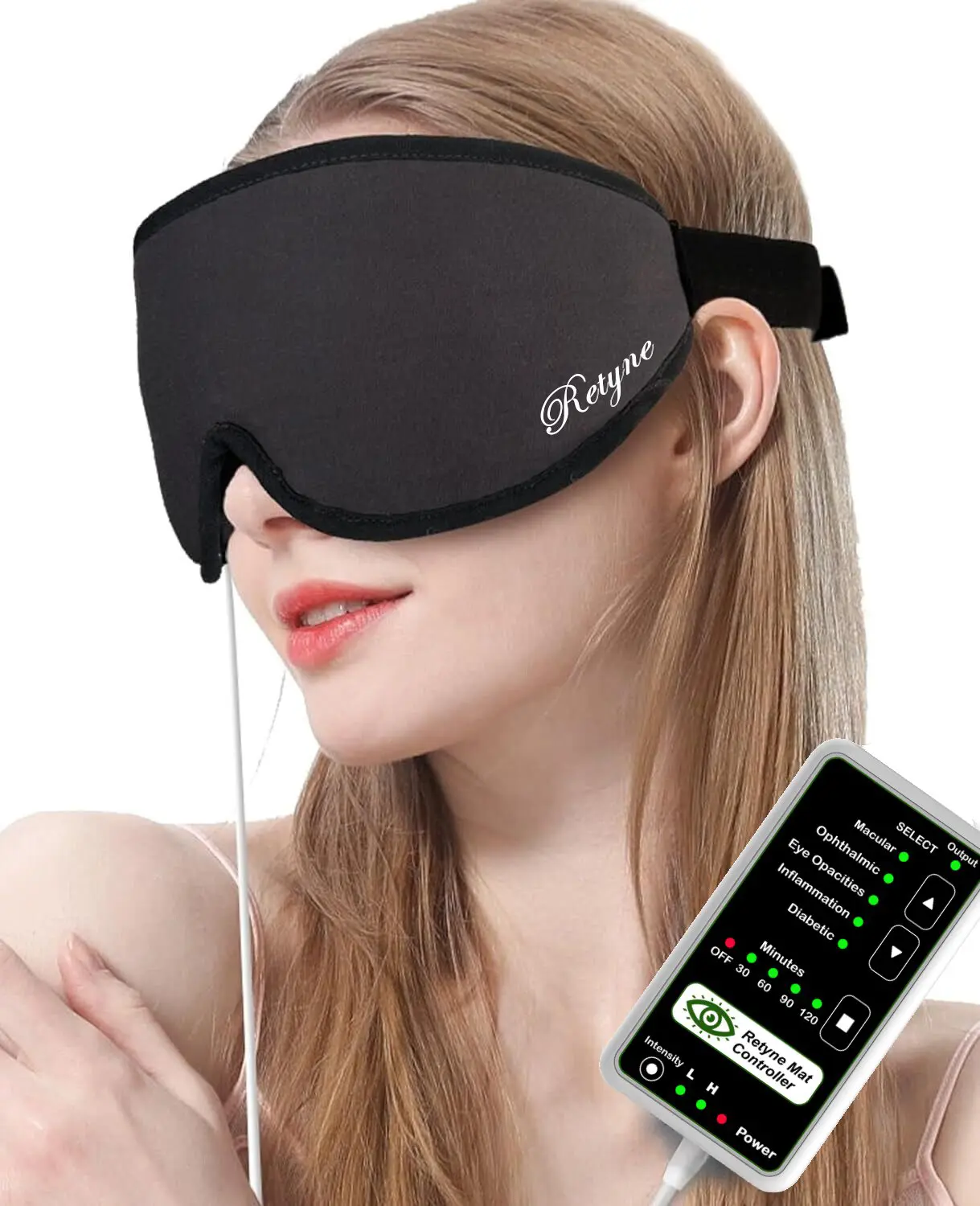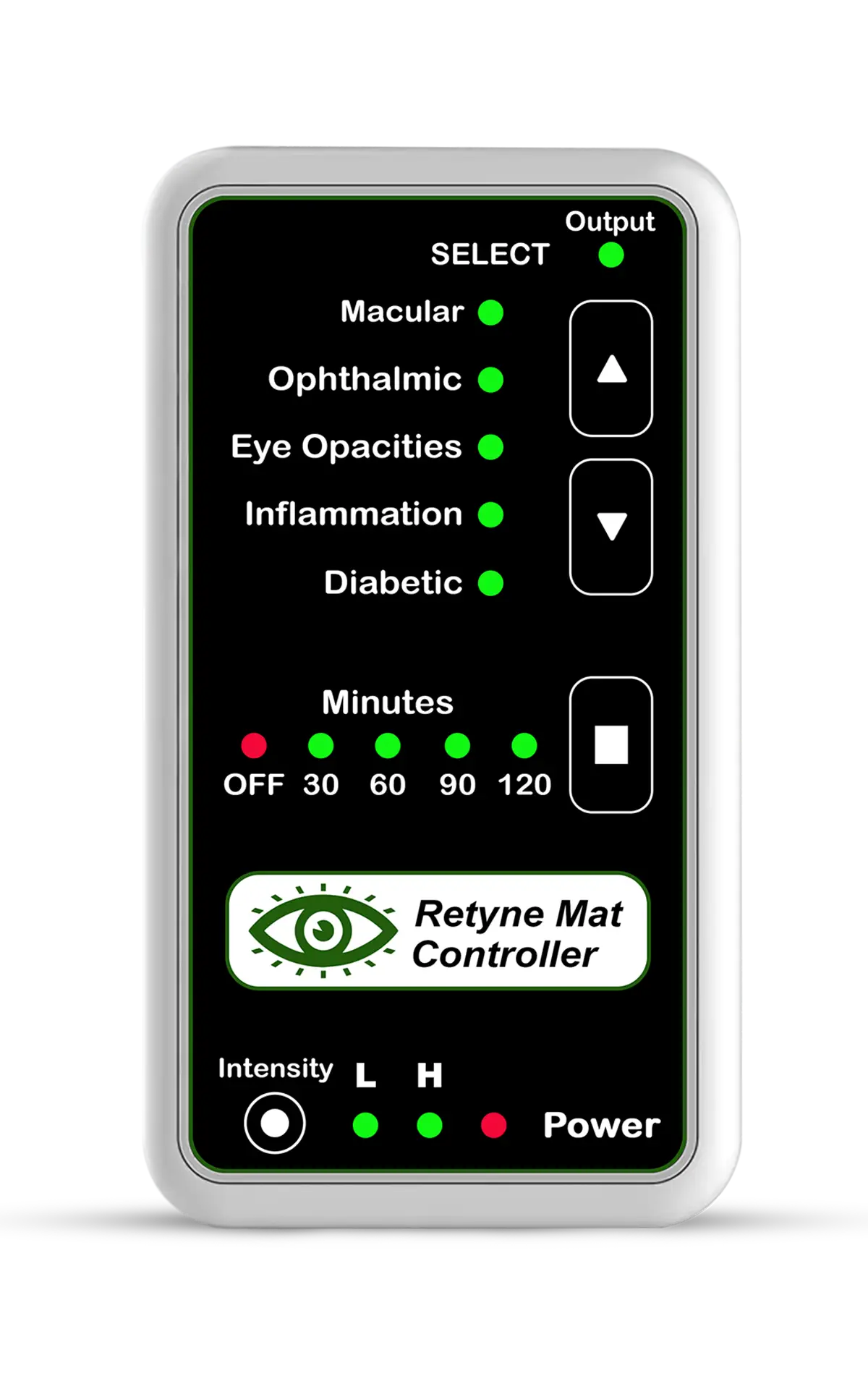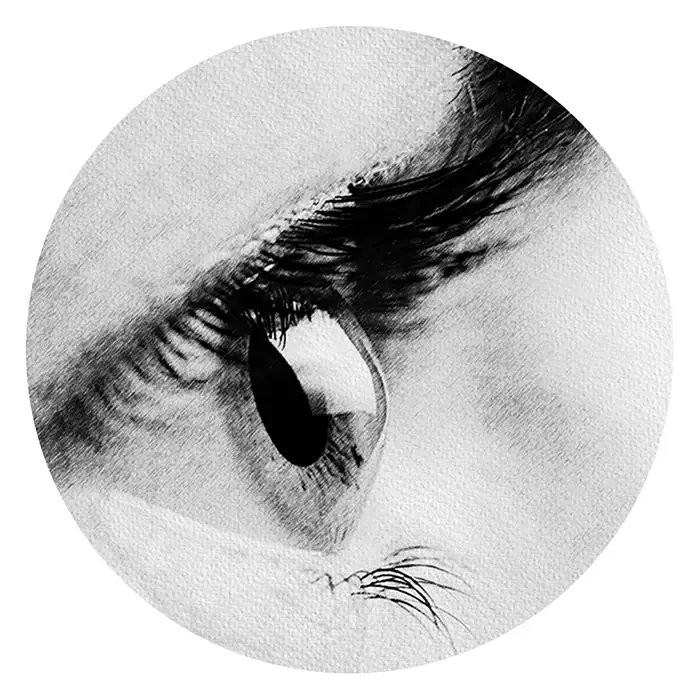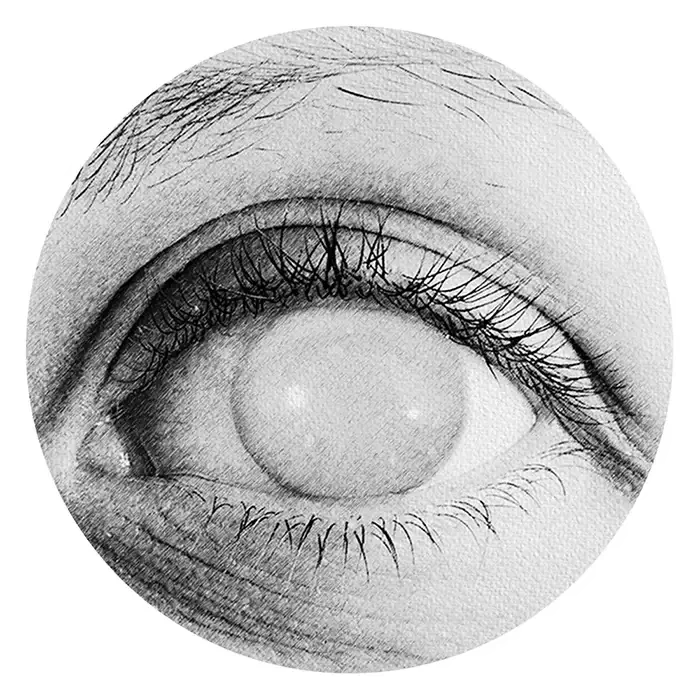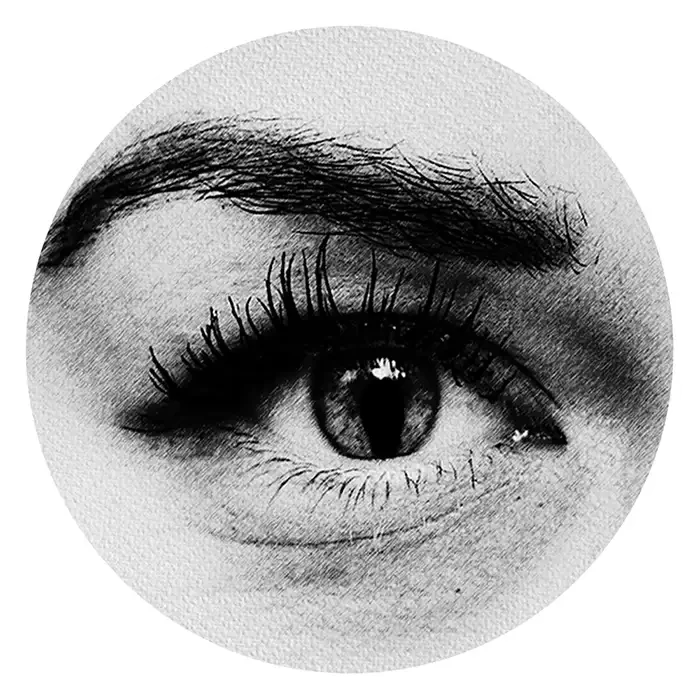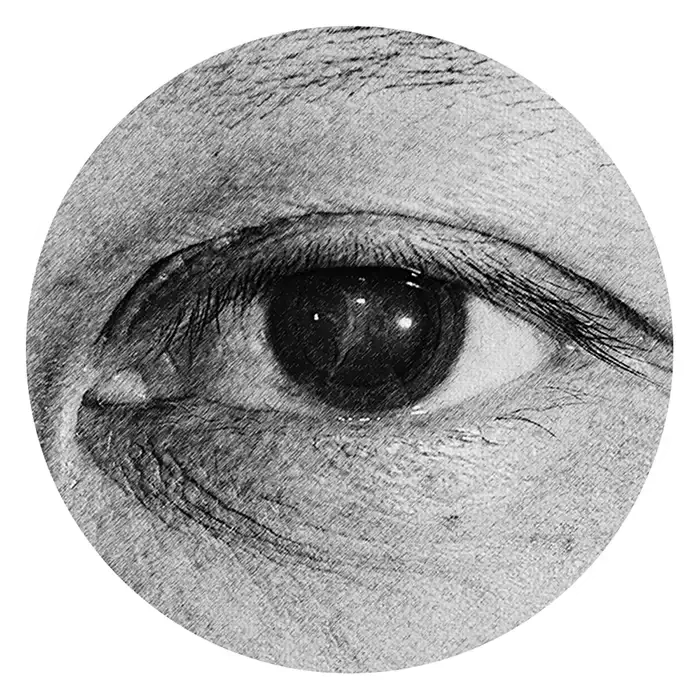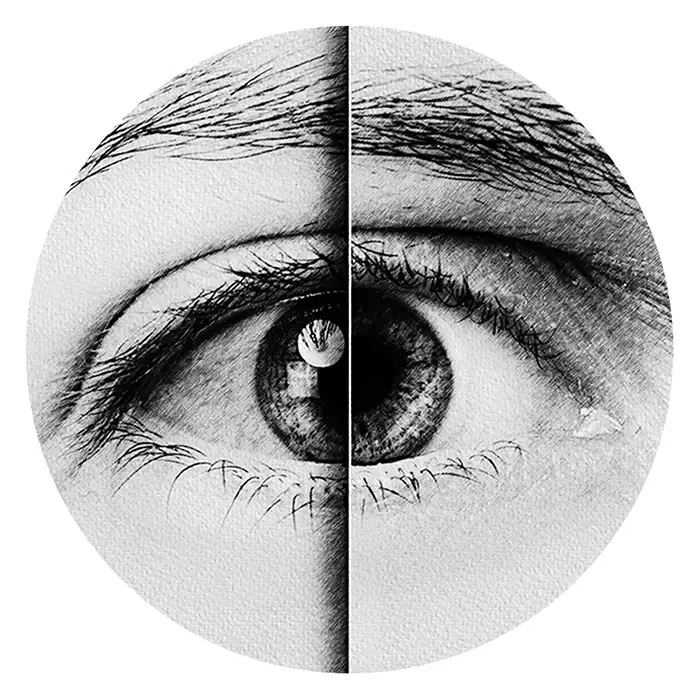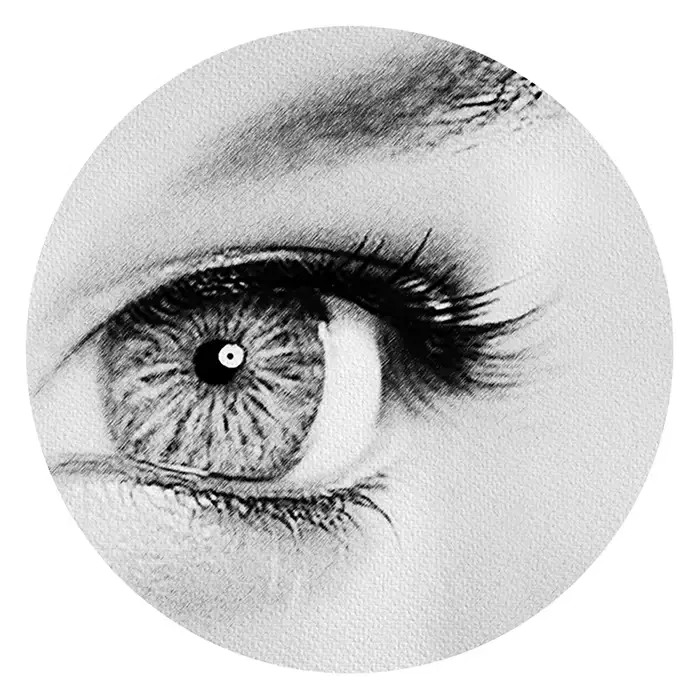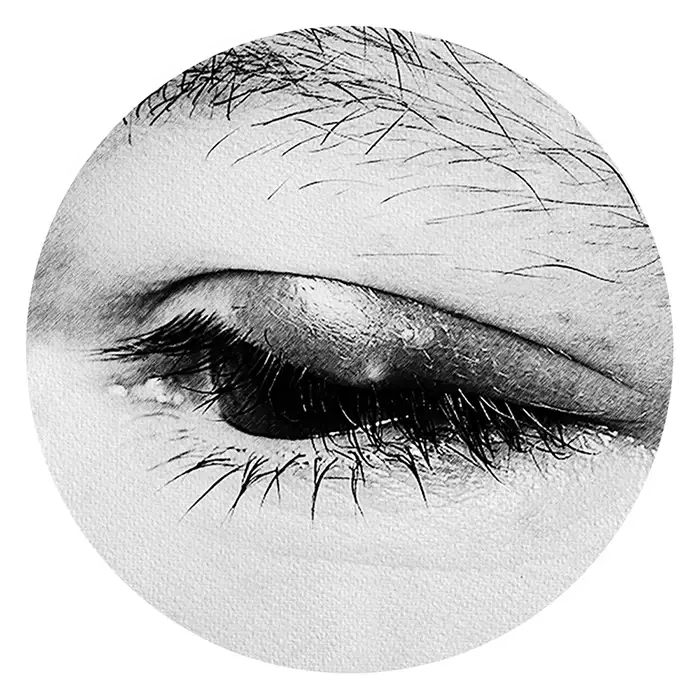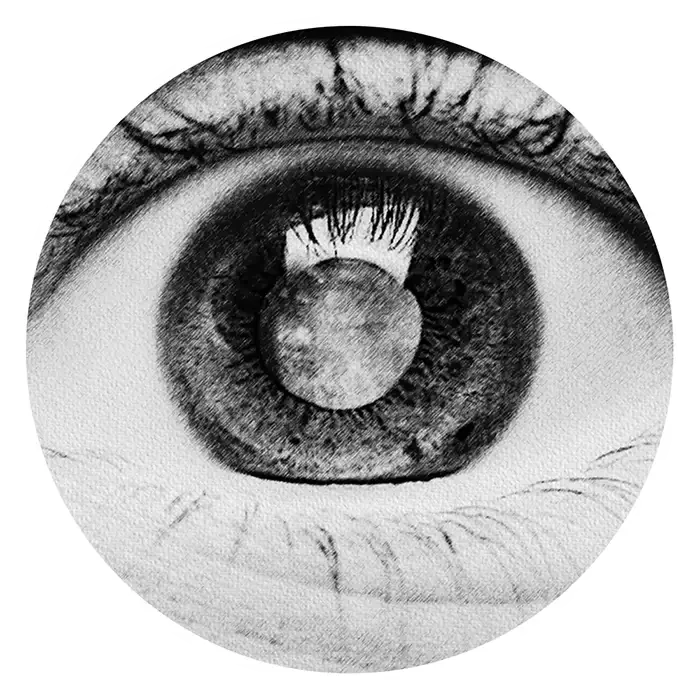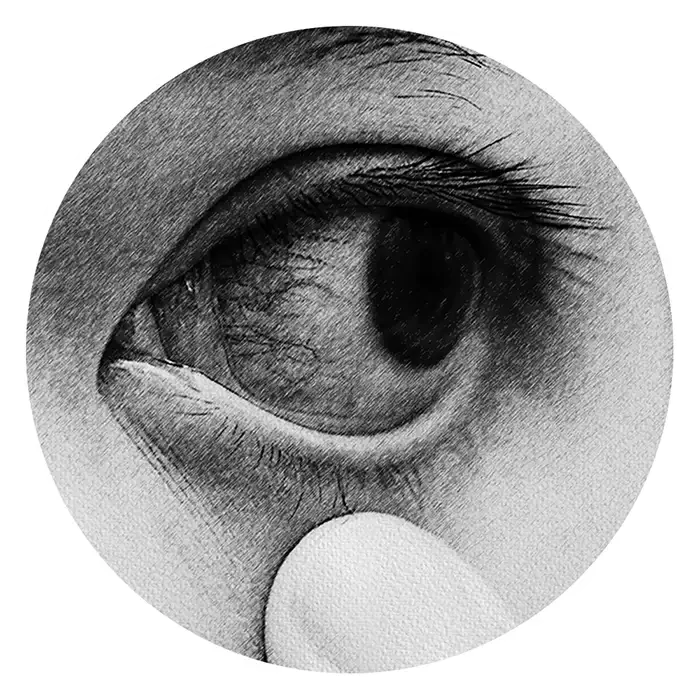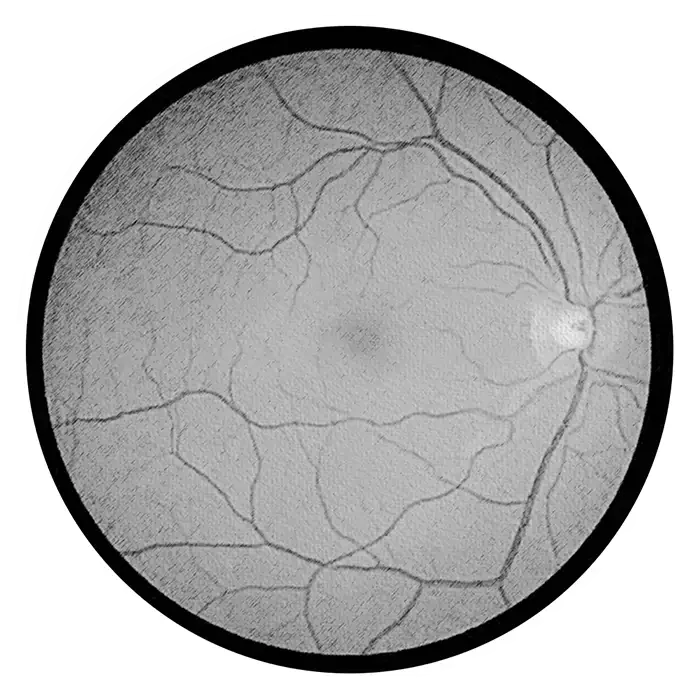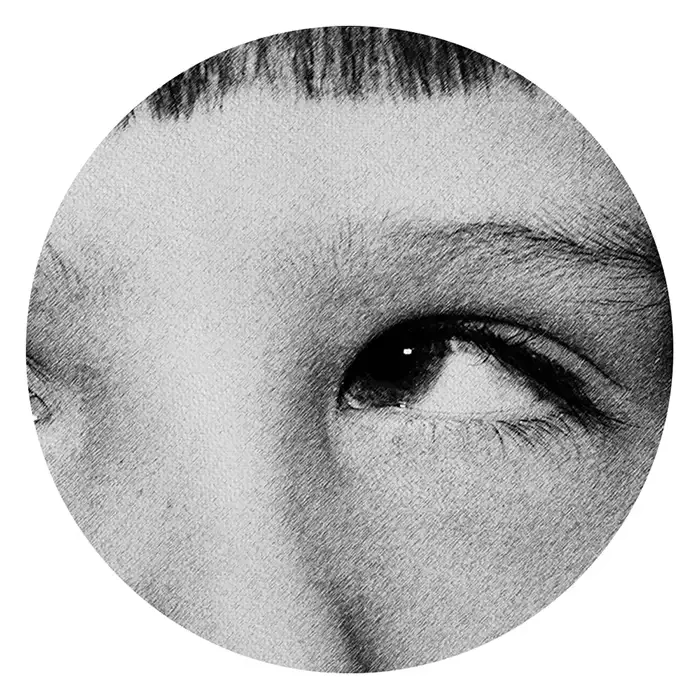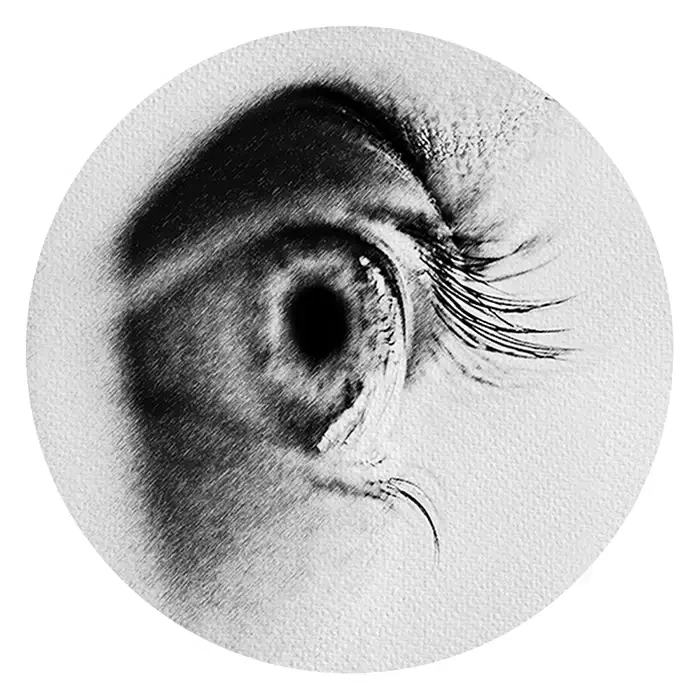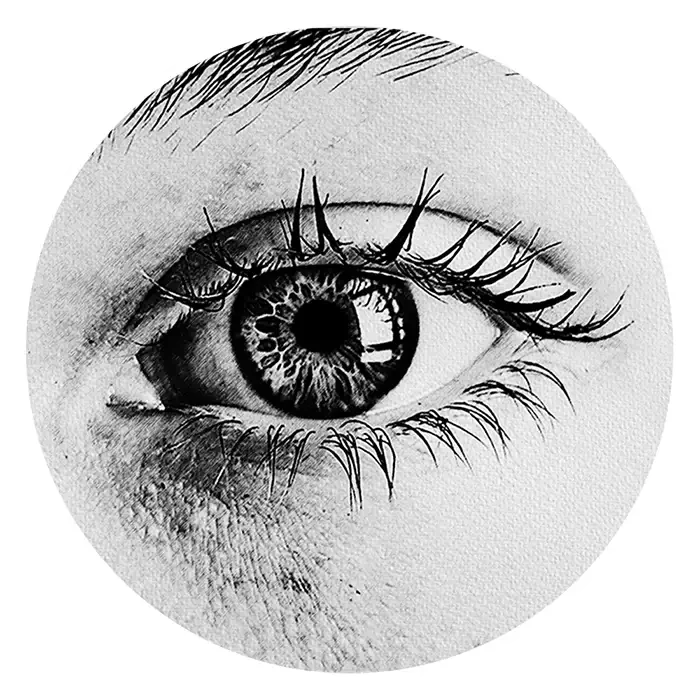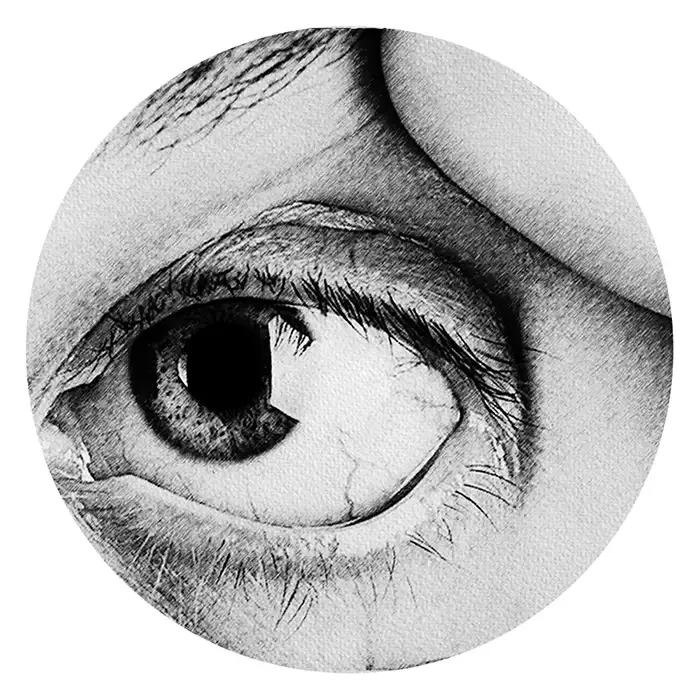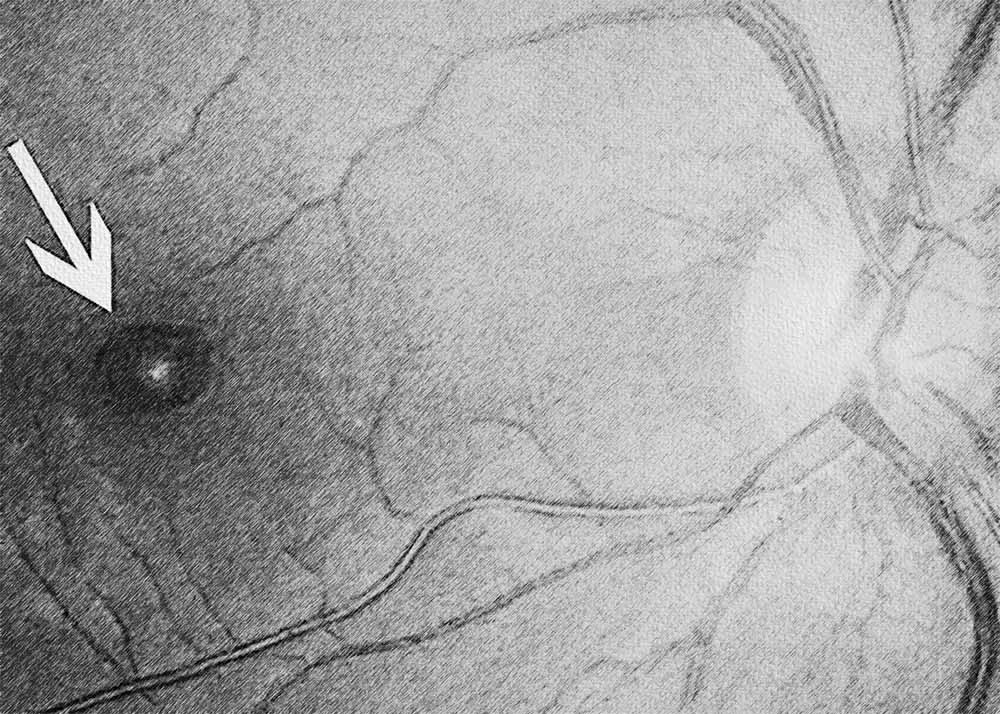
Treating Macular hole with Infrared Light Therapy
Macular hole is a condition characterized by a small break or hole in the macula, the central part of the retina responsible for sharp, detailed vision. This disorder can lead to distorted or blurred central vision, making it difficult to perform tasks such as reading or recognizing faces. There are two primary types of macular hole: idiopathic macular hole, which occurs spontaneously without an identifiable cause, and secondary macular hole, which develops as a result of underlying eye conditions or trauma.
Diagnosing a macular hole typically involves a comprehensive eye examination, including a dilated fundus examination to visualize the retina and assess for characteristic findings such as a central defect in the macula. Optical coherence tomography (OCT) is a key diagnostic tool used to evaluate the structure of the retina and confirm the presence of a macular hole. Fluorescein angiography may also be performed to assess retinal blood flow and rule out other retinal abnormalities.
While macular hole is distinct from age-related macular degeneration (AMD), both conditions can affect the macula and lead to central vision loss. AMD primarily involves the deterioration of the macular cells over time, leading to gradual vision loss, whereas macular hole is characterized by a focal defect in the macular tissue. However, individuals with macular hole may also have underlying risk factors for AMD, such as aging and genetic predisposition.
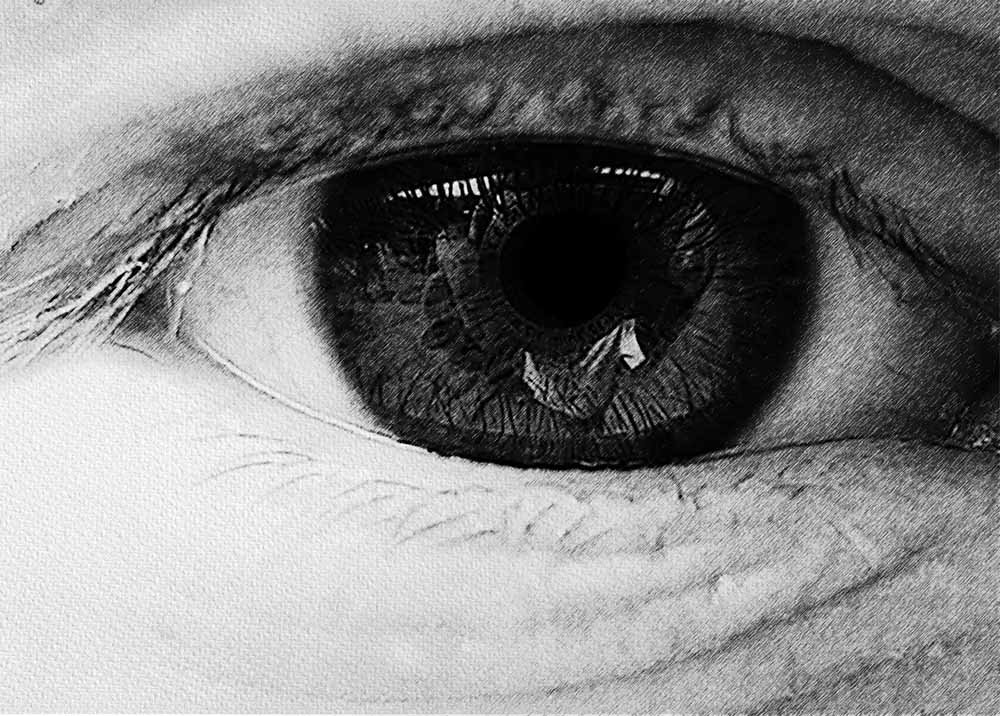
The Retyne Infrared Eye treatment mask offers a potential adjunctive therapy for managing the symptoms of macular hole, particularly in cases where the hole is small or in its early stages. Program #1 on the Retyne controller, which delivers focused invisible infrared light directly onto the eyes, may help promote healing and closure of the macular hole by stimulating cellular repair mechanisms and improving blood flow to the affected area. This therapy aims to support the natural healing process of the retina and reduce the risk of progression to more severe vision loss.
Infrared light therapy provided by the Retyne mask offers a non-invasive and targeted approach to treating macular hole, with the potential to enhance visual outcomes and improve quality of life for affected individuals. By delivering therapeutic energy precisely where it is needed, the mask may help accelerate the closure of macular holes and restore central vision. This innovative treatment modality complements existing interventions such as vitrectomy surgery and may be particularly beneficial for individuals who are not surgical candidates or wish to explore non-surgical options.
Incorporating the Retyne Infrared Eye treatment mask into the management plan for macular hole can provide a safe and effective means of addressing this vision-threatening condition. As research into the therapeutic benefits of infrared light therapy continues to evolve, its role in the treatment of macular hole may become increasingly recognized, offering new hope for individuals facing this challenging diagnosis.
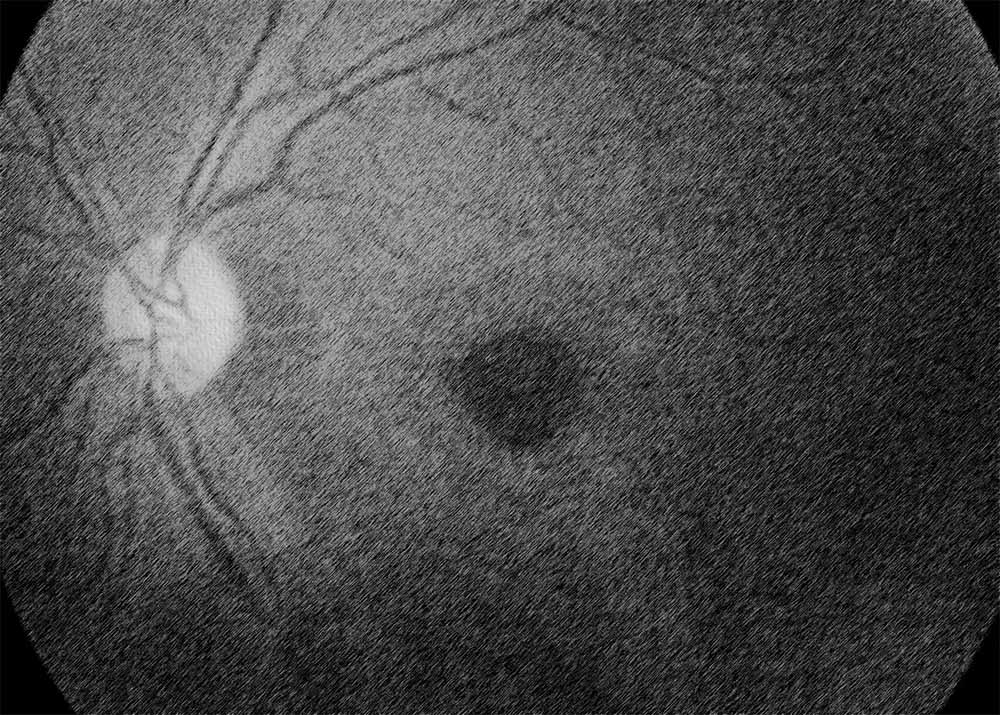
The Retyne eye treatment mask utilizes a general selection of frequencies (0.15, 0.18, 0.8, 5.5, 33.2, 172.3, 471.2, 557.82, 603.44, 921.88) tailored to address the symptoms related to Macular hole. These frequencies have been meticulously chosen for their proven effectiveness in managing and treating this visual condition. Retyne's approach involves converting each frequency into invisible infrared light output, marking a groundbreaking fusion of frequencies with light—a pioneering technology pioneered by Retyne Labs. Inspired by the groundbreaking work of Dr. Rife, who identified healing properties in specific frequencies and utilized light for their transmission, Retyne's innovative method capitalizes on current research on invisible infrared technology and builds upon past studies on light transmission through frequency sources. The result is the Retyne eye Treatment Mask, a convergence of state-of-the-art advancements in the field of visual care.
Moreover, for those utilizing advanced hardware such as the RDPV4, a secondary set of alternate frequencies for Macular hole: 0.02, 0.46, 0.68, 0.97, 2.5, 210.5, 500, 652.43, 759.83, 923.7 is available. The RDPv4 offers an expanded range of frequencies, finely calibrated to provide even greater precision in addressing Macular hole. By incorporating this secondary set of frequencies, the RDPV4 elevates the potential therapeutic benefits of the Retyne eye Treatment Mask, catering to individuals seeking advanced solutions for their visual health needs.
A Macular hole Compatibile group exists at program 2067: (0.02, 0.46, 0.68, 0.97, 2.5, 210.5, 500, 652.43, 759.83, 923.7) on the International ETDFL frequency list
A Macular hole Alternate group exists at program 2950: Retinal disorders: 0.15, 0.18, 0.8, 5.5, 33.2, 172.3, 471.2, 557.82, 603.44, 921.88
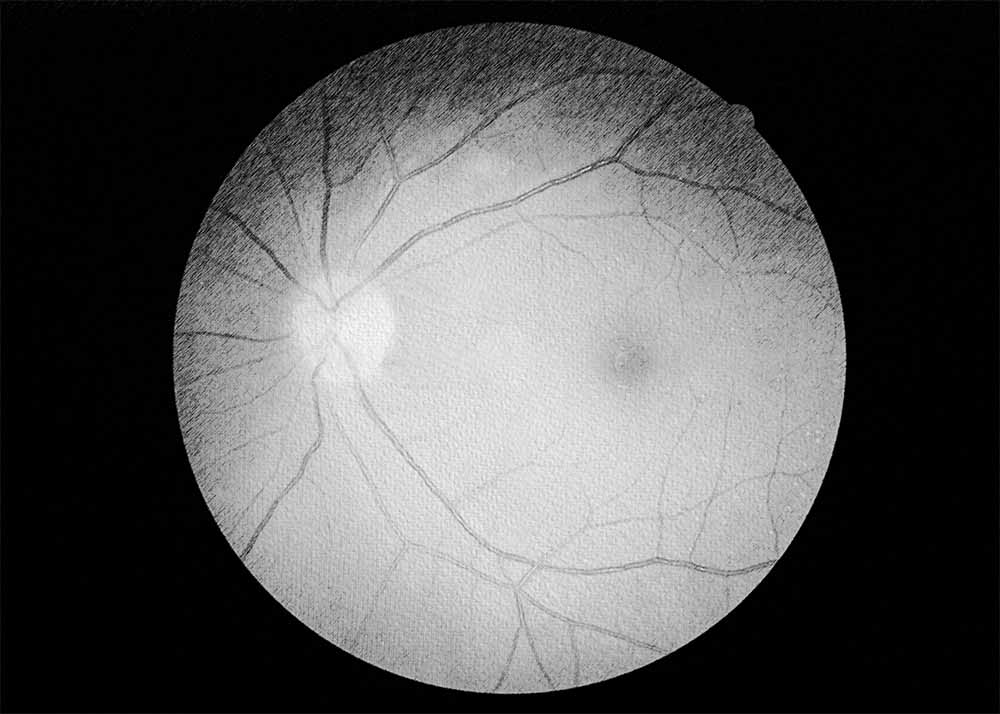
Compatibility
Standalone controller (Program #1) (Controller shipped with Retyne Eye Treatment Mask)
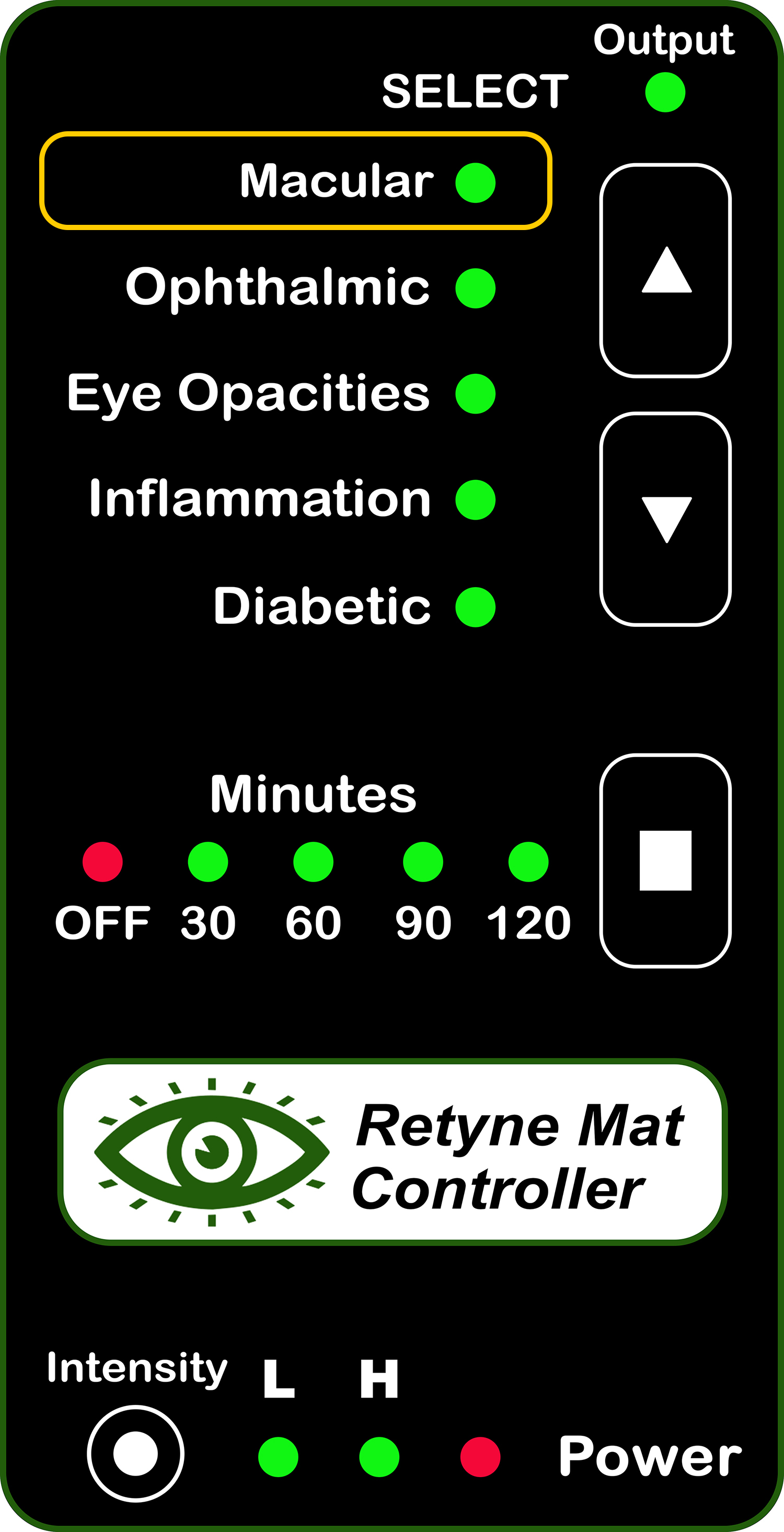
RDPV4 (Direct connect, use group 2950)
RDPV4 Light Mask Program button 1
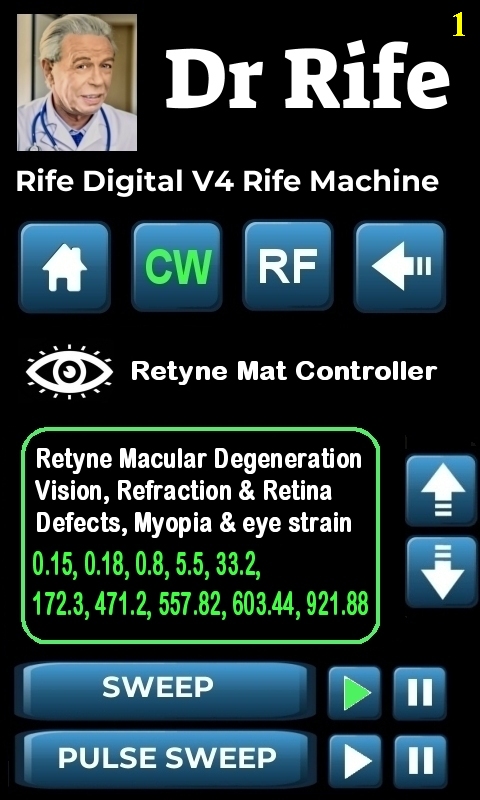
Click here for instructions on using the Retyne Mask + Controller
